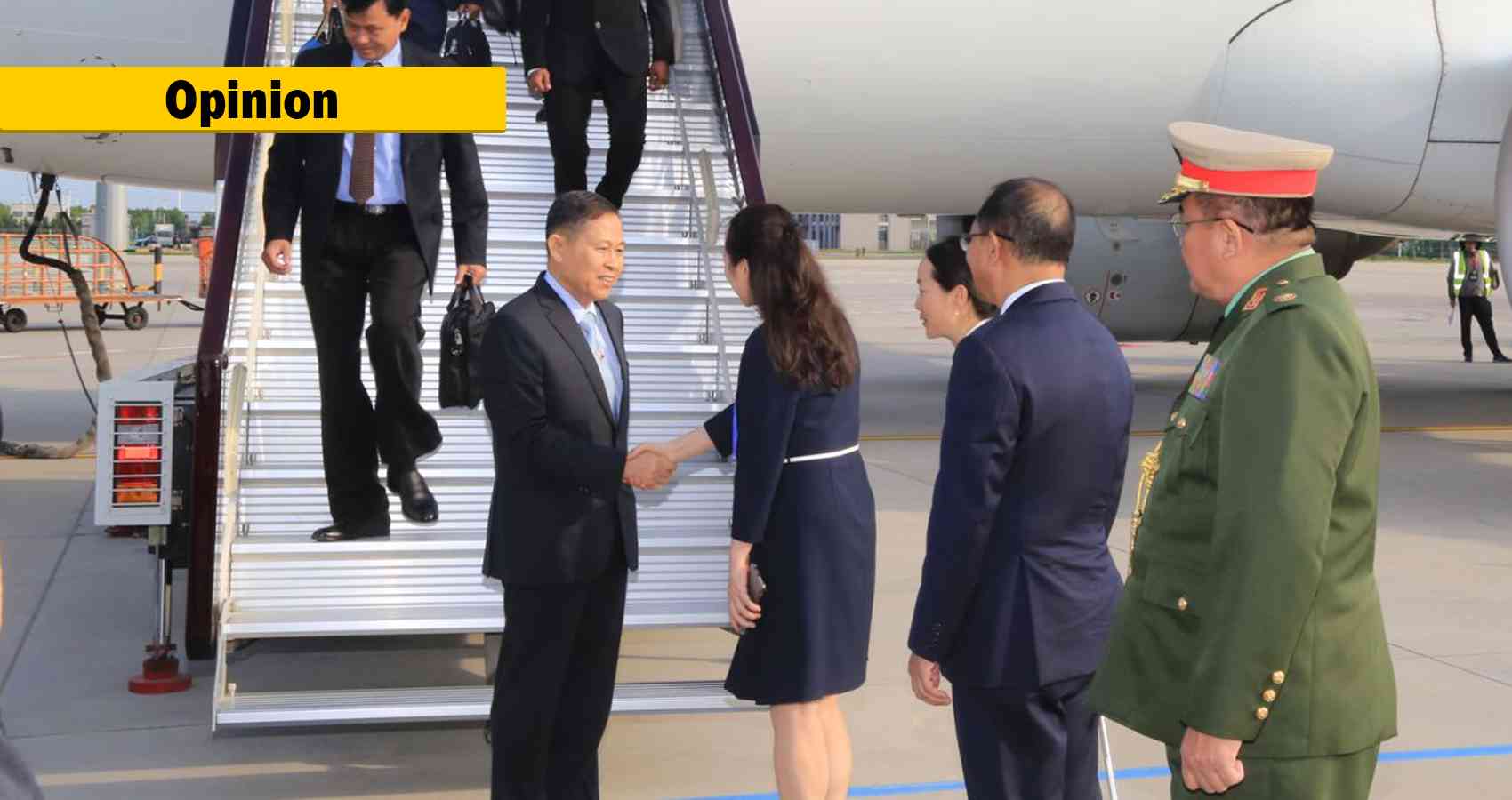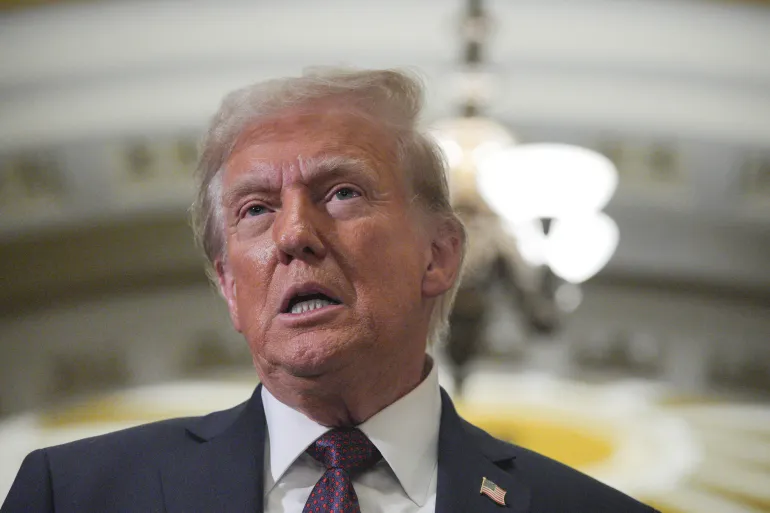
The potential elections in Myanmar have encouraged China to step up its diplomatic engagements with the country. This move is seen as a strategic effort to deepen its influence in the region. By inviting representatives from both the ruling and opposition parties for talks, China is trying to position itself as a peacemaker and a genuine friend seeking stability.
However, beneath this facade lies a strategic agenda aimed at gaining confidence and making further inroads into Myanmar for political interference, infrastructural projects, and Belt and Road Initiative (BRI) investments.
China has recently invited high-profile figures from Myanmar, including former president Thein Sein and General Soe Win, deputy chief of the current junta. These visits have sparked speculation and rumors about the broader significance and intentions behind China’s actions. Chinese Foreign Minister Wang Yi received Thein Sein, and their discussions have fueled speculations about China’s role in Myanmar’s political future.
The official reason for Thein Sein’s visit was to attend an event commemorating the 70th anniversary of the Declaration of Five Principles of Peaceful Co-Existence. However, the visit also provided an opportunity for China to sound out Thein Sein’s opinions on Myanmar’s political future and his potential re-entry into politics. General Soe Win’s visit to Qingdao, where he attended the Green Development Forum organized by the Shanghai Cooperation Organization (SCO), further highlights China’s strategic engagement. Soe Win’s discussions on border stability, security for Chinese investments in Myanmar, and the proposed election underscore China’s desire to ensure stability and safeguard its investments in the region.
China invited Myanmar’s political figures at a time when the junta announced plans for elections next year. By engaging with both ruling and opposition parties, China aims to position itself as a neutral facilitator of dialogue and peace in Myanmar, similar to its efforts in the Ukraine issue, where it presents itself as a global mediator capable of resolving complex conflicts. Experts, however, believe that China’s actions in Myanmar are part of a more calculated agenda.
The engagement with pro-junta hardliners and other political factions serves to bolster China’s influence within Myanmar’s political landscape. By aligning itself with key political players, China wants to ensure that its interests are safeguarded regardless of the outcome of the upcoming elections. China’s strategic interests in Myanmar are not limited to political influence. The BRI plays a pivotal role in China’s engagement with Myanmar. China’s BRI projects in Myanmar focus on hydropower, cross-border industrial zones, and connectivity, such as high-speed railway networks and the Kyaukphyu deep seaport. These projects have grappled with delays, except for the Myanmar-China oil and gas pipeline that started operations in 2013. The BRI aims to create a vast network of trade and infrastructure projects that link China with countries across Asia, Europe, and Africa. Myanmar, with its strategic location and rich natural resources, is a critical component of this ambitious project.
China has already invested heavily in Myanmar’s infrastructure, including ports, railways, and energy projects. However, it has strategically made efforts to foster close ties with Myanmar’s political elite to ensure the smooth continuation and expansion of these projects.
The goodwill visit by Myanmar’s political representatives provided China with an opportunity to promote its developmental model and secure commitments for future BRI projects. China’s diplomatic engagement with Myanmar’s political figures also serves as a form of political interference.
- The brains behind Matavire’s immortalisation
- Red Cross work remembered
- All set for inaugural job fair
- Community trailblazers: Dr Guramatunhu: A hard-driving achiever yearning for better Zim
Keep Reading
The involvement of figures like Hla Swe and Maung Myint, who have been instrumental in supporting the military junta and suppressing opposition, indicates China’s willingness to engage with and support authoritarian regimes to secure its interests. This aligns with China’s broader strategy of fostering relationships with governments that can guarantee stability and cooperation for Chinese investments.
The role of the United Wa State Army (UWSA), backed by China, plays a crucial role in the conflict in northern Myanmar. The UWSA’s recent deployment of troops to Tangyan town in northern Shan State and the subsequent negotiations with the Myanmar regime highlight the UWSA’s strategic importance. The UWSA’s influence, supported by China, serves as a key factor in the ongoing conflict in northern Myanmar, and China’s involvement in negotiating the UWSA’s actions underscores its significant role in the region.
Experts describe these moves as a facade, adding that the appearance of friendship and peace cannot obscure the underlying motives of political interference and strategic dominance. Myanmar’s future depends on a balanced approach that prioritizes its sovereignty and the well-being of its people over external influences.











